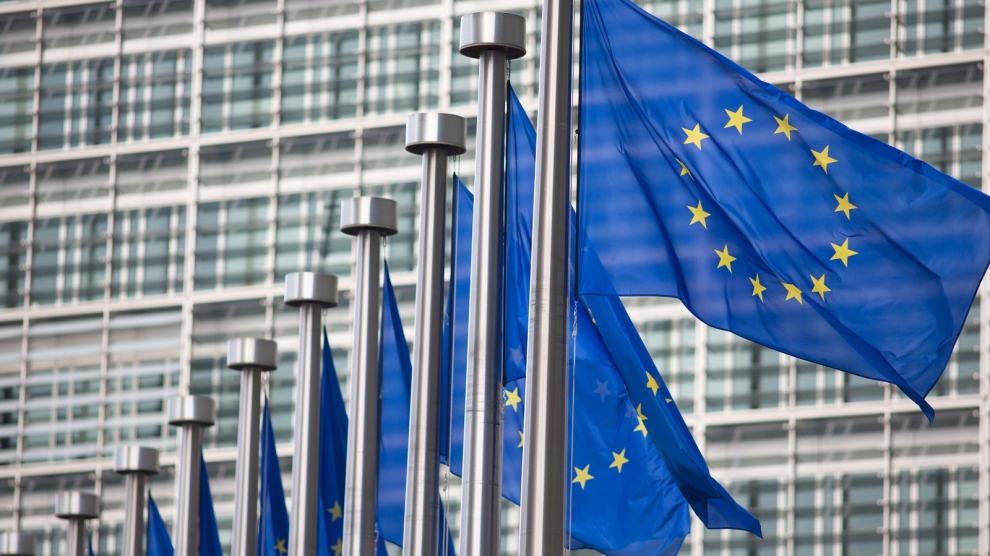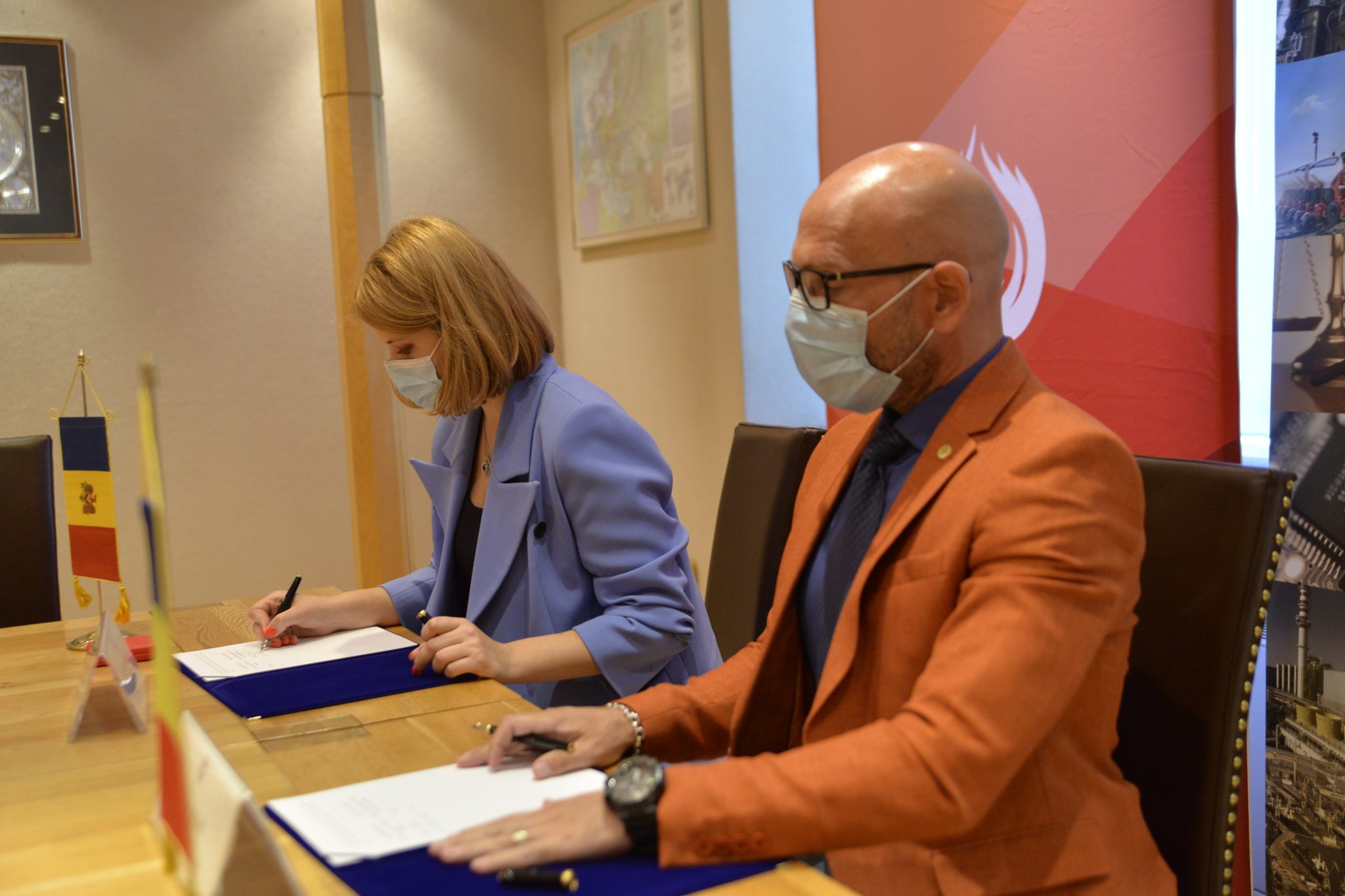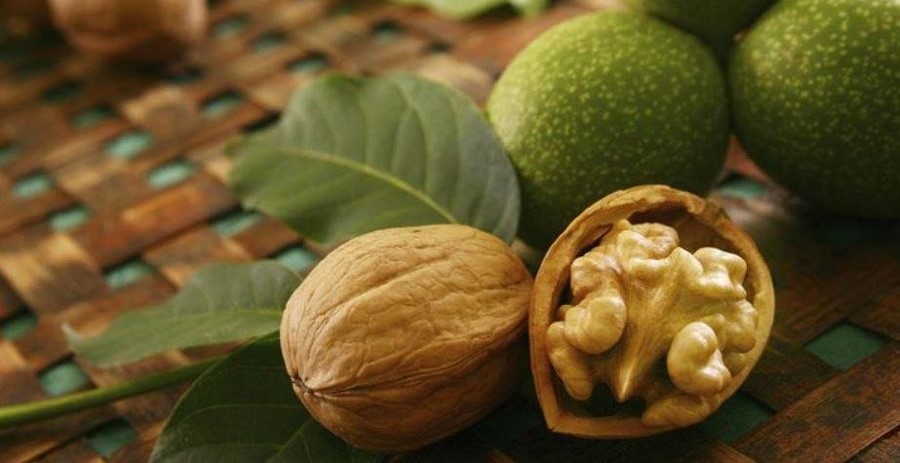Economy
Victoriabank President: New Shareholders Want to Destroy the Bank
Victoriabank president Victor Turcan is adamant the group of new shareholders is either planning a takeover or looking to destroy the Bank.
In an exclusive interview for Infotag Turcan said on February 29 the Victoriabank Board received a letter from four new shareholders delegating to the Board’s meeting their representative – CEO of Petrom-Moldova Vladimir Plakhotniuk – to seek the amendment of the meeting’s agenda for the purpose of changing the entire Board’s membership. Based on the current legislation, the Board declined this request considering that the deadline for such an application expired on January 10, explained the Chairman.
"The argued topic – the Administration Board line-up following the resignation of one of its members – is a common issue and does not rule out the possibility of reelecting the entire Board should the shareholders’ meeting decide to do so. The reelection is also allowed by Article 66 of the Corporation Law establishing that in case of early resignation of one of the Board’s members the entire Board may be changed."
"The former member of the Board stepped down voluntarily having left for another job," said Turcan.
"Later, it came to light that on March 5 the new shareholders had filed a lawsuit (against us) without prior notice."
Turcan also confirmed that on March 21 the Bank received a letter from Victoria Invest Ltd in which the company put up for the Board seats three candidates – Vlad Plakhotniuk, Tamara Andrushko, and Ekaterina Pascarel – all employed by Petrom-Moldova.
Given the size of their stakes (28.6%), the above people could not aspire for more than two seats (on the Board), said Turcan.
"A few minutes prior to the meeting – for which 73% of the Bank’s stakeholders had gathered – three bailiffs from Sector Buiucani walked in to tell us about the court hearing taken place a day earlier and insisted that we postpone the shareholders’ meeting otherwise threatening to press charges against the Victoriabank administration."
In spite of the protests from other shareholders, the Board managed to have the meeting adjourned and after six hours of wrangling with shareholders filed an official petition to President Voronin asking for his assistance with the matter.
"(In that letter) the shareholders expressed indignation over the unlawful deeds taking place in the country and noted the biased attitude adopted by court siding with three shareholders against 180."
"The court’s document implied that the next hearing of the case is due on April 28, however, being aware of how long it takes to resolve issues like this, one can assume that the next meeting of (Victoriabank’s) shareholders should now be expected not earlier than a year or two from now," said Turcan.
"It is already clear that even if the court reaches some sort of a verdict on April 28, under the current law, – allowing the minimum of 30 days to inform all of the shareholders (about the upcoming shareholders’ meeting) – the meeting will gather in June at the earliest. Meanwhile, the Bank would have to operate in the absence of approved agenda, without annual financial report and a dividend distribution plan." "This whole thing reminds me of the year 1992 when, following a series of probes at all levels including the parliament, the police had encircled the Victoriabank head office by order from the then Minister of the Interior Antoci and prevented anyone from getting in. Back then, the Minister claimed that in doing so the police didn’t break any laws (because they remained outside) but were "merely guarding the premises"; this time, I reckon, the court is likely to say that it didn’t issue any orders either but merely ‘recommended’ that the meeting be postponed," said the Chairman.
Asked whether the new shareholders might take over a controlling stake Turcan said "they will never be able to do so since none of them has fulfilled any of their shareholding obligations yet."
"Despite our written requests, none of them has submitted financial reports and incorporation documents, of which we duly informed the National Bank to which it replied that gathering info on shareholders lies within the scope of the Bank’s responsibilities."
The new shareholders stabbed the Bank in the back, summarized the Chairman saying at the end of his interview that "other shareholders will see it very well, including those who might have wished to sell off their shares but now would refrain from having deals with such businessmen…"
736,000 shares in Victoriabank (of 10 lei denomination) were traded at the Moldovan Stock Exchange on February 4 in a single package for 55.16 mln lei ($4.41 mln) or 74.95 lei each ($6). The traded block, previously held by Danube Fund Ltd (Cyprus), was evenly split between four companies – Program Invest SRL (Soroca, Moldova), Atrium Ltd (UK), Repcor-Com (Soroca, Moldova), and Victoria Invest Ltd (U.K) – each getting 5.76%. In 2003, Victoria Invest acquired a 35% stake in the Moldo-Romanian oil company Petrom – currently one of the country’s five largest oil operators along with LUKoil, Mabanaft, Rompetrol, and Tirex Petrol. // INFOTAG
Economy
Moldova will receive a disbursement of 36 million euros as part of the the Economic Recovery Plan

This week, the European Commission approved the disbursement of 36 million euros in grant money for the Republic of Moldova. The announcement was made by Deputy Director-General for Neighbourhood Policy and Enlargement Negotiations at the European Commission, Katarina Mathernova, who paid an official visit to the Republic of Moldova between September 13-15, together with Managing Director for Russia, Eastern Partnership, Central Asia, Regional cooperation and OSCE, at the European External Action Service, Michael Siebert.
The EU officials had meetings with President Maia Sandu, Minister of Foreign Affairs and European Integration, Nicu Popescu, Speaker of Parliament, Igor Grosu, Prime Minister of the country, Natalia Gavrilita, as well as key representatives of Government, international financial institutions and the civil society, according to a press release issued by the Delegation of the European Union to the Republic of Moldova.
Beside such topics as the EU-Moldova relations and prospects, the priorities of the reform agenda of the new Moldovan Government, preparations for the Eastern Partnership Summit at the end of the year and the Transnistrian conflict settlement, the officials also discussed the EU assistance in support of reforms and the Economic Recovery Plan for Moldova, which was announced in June with a total EU support of 600 million euros over the next 3 years.
“The first measures under the Economic Recovery Plan will shortly materialize, with the expected disbursement of 36 million euros in grant money under budget support programmes to support the authorities’ efforts to fight against the consequences of the pandemic. Moldova can count on EU’s assistance on its path to reforms and to recovery, bringing tangible results to citizens,” Katarina Mathernova stated.
The plan is based on assistance provided by the European Union through various bilateral and regional instruments, aiming to mobilize the funds in the form of grants, loans, guarantees and macro-financial assistance.
“The Economic Recovery Plan for the Republic of Moldova involves much more, not just this financial support provided immediately. It must help digital transformation, strengthen infrastructure, energy efficiency, education and support small and medium-sized enterprises,” the EU official also said.
As Prime Minister Natalia Gavrilita informed, “The Economic Recovery Plan and the 5 flagship initiatives for Moldova in the Eastern Partnership will directly contribute to the reform and consolidation of institutions, stimulate long-term socio-economic development, bring direct benefits to citizens, and unleash new economic opportunities through promoting the green agenda and digitization. Small and medium-sized enterprises (SMEs) have been hit hard by the crisis. Promoting and diversifying access to finance and reducing collateral requirements will be essential in supporting economic operators. We are grateful to the EU partners who will launch two programs to support 50 000 independent Moldovan SMEs to adapt to the new conditions.”
President of the Republic of Moldova, Maia Sandu, welcomed the decision of the European Union to disburse about 745 million lei in grant money, as the official page of the President’s Office announced. “EU support comes after a long period of freezing of European assistance, caused by former governments. We managed to relaunch the political dialogue with the European Union and resume financial assistance. The Republic of Moldova is gradually regaining the trust of its strategic partners. This European support is also a signal of encouragement for the new Government team in its commitment to clean up the institutions, fight corruption and launch development programs in the country,” said Maia Sandu.
Photo: unknown
Economy
Romania and Moldova signed a partnership memorandum pledging to cooperate in promoting their wines

The Chamber of Commerce and Industry of Romania (CCIR) and the National Office for Vine and Wine (NOVW) of the Republic of Moldova signed, last week, a memorandum of cooperation on organizing joint promotional activities in the markets of common interest, as the CCIR announced.
China, Japan or the USA are just some of the markets targeted by the Romanian and Moldovan institutions. The memorandum also involves advertising activities for wines from common indigenous varieties, promoting the oeno-tourist region, developing a tourist route in the two states, exchange of experience, study visits, and mutual support in identifying new export opportunities. “We are very confident that this collaboration between our organizations will lead to sustainable economic growth and a higher degree of well-being among Moldovans and Romanians,” claimed Deputy Secretary-General of CCIR, Bogdan Visan.
On the other hand, Director of the NOVW, Cristina Frolov, declared that no open competition with Romania is aimed at the governmental level of the Republic of Moldova. “This request for collaboration is a consequence of the partnership principle. Romania imports 10-12% of the wine it consumes, and we want to take more from this import quota. Every year, the Romanian market grows by approximately 2.8%, as it happened in 2020, and we are interested in taking a maximum share of this percentage of imported wines without entering into direct competition with the Romanian producer,” the Moldovan official said. She also mentioned that Moldova aims at increasing the market share of wine production by at least 50% compared to 2020, and the number of producers present on the Romanian market – by at least 40%.

Source: ccir.ro
**
According to the data of the Romanian National Trade Register Office, the total value of Romania-Moldova trade was 1.7 billion euros at the end of last year and over 805 million euros at the end of May 2021. In July 2021, there were 6 522 companies from the Republic of Moldova in Romania, with a total capital value of 45.9 million euros.
The data of Moldova’s National Office of Vine and Wine showed that, in the first 7 months of 2021, the total quantity of bottled wine was about 27 million litres (registering an increase of 10% as compared to the same period last year), with a value of more than one billion lei, which is 32% more than the same period last year. Moldovan wines were awarded 956 medals at 32 international competitions in 2020.
Photo: ccir.ro
Economy
Moldova’s hope to be a top walnut exporter and its main difficulties

The Republic of Moldova has perfect weather conditions for growing walnut trees, that creating a great potential of walnut production and trade, especially on international markets, where the demand is way higher than the product’s supply. National and international experts believe that the country’s walnut production industry is on the verge of important transformations, which could lead to increased yields, quality and competitiveness worldwide.
According to authorities, Moldova exports 34-35 thousand tons of walnuts in shell, which is about 7% of the total export of fruit and 5% of the total export of horticultural products. The export value is assessed as being $120 million, that being 57-60% of the total fruit export value and about 50% of horticultural export value. Most of walnut crops are exported to the EU countries, such as France, Germany, the Netherlands, Romania and Austria. The country’s exports were among the world’s top 10 when it comes to the highest dollar value of the product during 2020.
Viorel Gherciu, Minister of Agriculture and Food Industry, pointed out that the production in the domestic walnut industry has increased by 55% in the last five years, which ranks Moldova among the main producers in the world.
“The biggest opportunity for this industry is that we are in the geographical proximity of the largest walnut import area in the world, which is the European Union, with almost 40% of total imports in the world. We are on the EU border, with privileged relations, with an Association Agreement. We already enjoy a good relationship in working with European importers, they trust our processors. A very close collaboration has been created and this is, in fact, the guarantee for those who invest in the area,” claimed the president of the Walnut Producers Association, Oleg Tirsina.
The data provided by the National Bureau of Statistics show that there are 34.7 thousand hectares of walnut plantations in the country. 20.90 hectares are represented by orchards. 75% of planted orchards are formed of old varieties trees. 30-35% of the exported production comes from orchards, the rest comes from individual farmers and plantations along the roads. This means that the quality of walnut production is not at its maximum potential. Developing commercial plantations through orchards modernization and extension of walnut varieties would provide double yield and better quality, experts say.
Governmental support in the form of subsidizing solutions, foreign investments and credit options are indispensable for the industry development. One of the financing options is the credit line of the European Investment Bank Project. Since 2016, 15 producers and processors of nuts, almonds and hazelnuts have benefited from these loans with the total amount of investments worth 8.7 million euros. A further extension of the project would provide another 60 million euros for the modernization of the horticultural sector in general and for harvesting organic walnuts in particular.
Photo: heymoldova.com





















